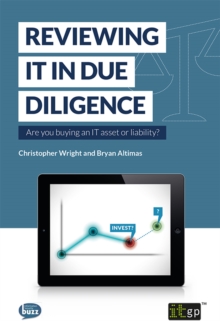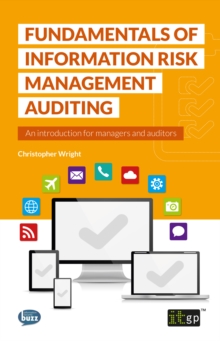
Fundamentals of Planning and Assessment for Libraries Paperback / softback
by Rachel A. Fleming-May, Regina Mays
Part of the Fundamentals Series series
Paperback / softback
Description
Melding theory with practice to make abstract concepts practical, this foundational book is the perfect tool for understanding the basic principles of planning and assessment, no matter your experience level. The concepts of planning and assessment are intrinsically linked—and understanding them is essential for raising the library's profile and strengthening its position among stakeholders and the community.
Even if you're an LIS student or are new to the profession, or if planning or assessment are not your primary areas of responsibility, you still have a role to play in the success of organizational efforts.
Fleming-May has more than a decade of experience in planning and assessment initiatives and instruction, and Mays was her institution's first assessment librarian; their primer draws from theory, research, and their first-hand observations to illuminate such topics ascharacteristics of bad planning strategy that can help to illustrate a better approach;reasons why using economic models, like ROI, fall short;how to mix the three types of planning;guidelines to ensure that assessment is meaningful and actionable;tips for creating effective surveys;emphasizing users' needs with a critical assessment framework;data analysis for surveys, interviews, focus groups, and observation;four questions to ask about audience level before you develop a report;a sample 3-year assessment plan that can be customized; andseven steps for developing a culture of ongoing assessment.
Information
-
Out of Stock - We are unable to provide an estimated availability date for this product
- Format:Paperback / softback
- Pages:248 pages, 1 illustration
- Publisher:American Library Association
- Publication Date:30/09/2021
- Category:
- ISBN:9780838949986
Information
-
Out of Stock - We are unable to provide an estimated availability date for this product
- Format:Paperback / softback
- Pages:248 pages, 1 illustration
- Publisher:American Library Association
- Publication Date:30/09/2021
- Category:
- ISBN:9780838949986










